Addiction
An addiction is a condition characterised by the compulsive use of a substance or engagement in a behaviour despite negative consequences. In many cases, addiction can lead to harmful physical, psychological, or social effects.
Addictions can involve a wide range of substances or behaviours, including drugs, alcohol, nicotine, gambling, sex, the internet, video games, shopping, and others. This addictive behaviour typically begins as a voluntary choice but becomes compulsive over time, leading to dependency and withdrawal symptoms when the substance or activity is withheld.

What causes an Addiction?
Addiction is considered a complex and chronic brain disease that affects the reward, motivation, and decision-making systems of the brain. It can be influenced by a variety of factors, including genetics, environment, and individual vulnerabilities. Treatment for addiction typically involves a combination of medical, behavioural, and social interventions to help you overcome your dependency and improve your overall health and well-being.
What are the signs and symptoms of Addiction?
The signs and symptoms of addiction can vary depending on the substance or behaviour involved, as well as individual factors such as genetics, age, gender, and overall health. However, if you’re concerned about your substance use, or you suspect that someone you know may be struggling with addiction, there are some common signs and symptoms you should look out for.
- Cravings: A persistent and intense desire to use alcohol or drugs or engage in certain behaviours.
- Tolerance: The need to use more of the substance or engage in the behaviour more frequently to achieve the desired effect.
- Withdrawal symptoms: The physical and/or psychological symptoms that occur when the substance or behaviour is stopped or reduced.
- Loss of control: Inability to stop or control the use of substances no matter how hard you try.
- Neglecting responsibilities: Failing to fulfil obligations at work, school, or home due to substance use or problematic behaviours.
- Relationship problems: Conflicts with family, friends, or colleagues due to addiction.
- Mood changes: Irritability, anxiety, or depression when not using the substance or engaging in these behaviours.
- Financial problems: Spending money on these habits despite the financial hardship they’re causing.
- Risky behaviours: Engaging in dangerous or illegal activities to obtain drugs or fund process addictions such as gambling and shopping.
- Physical health problems: The substance or behaviour causes health problems, such as liver damage, heart disease, or sexually transmitted infections.
If you or someone you care about is experiencing these signs and symptoms, it is important to seek professional help as soon as possible. Addiction is a treatable condition, and early intervention can increase the chances of successful recovery.
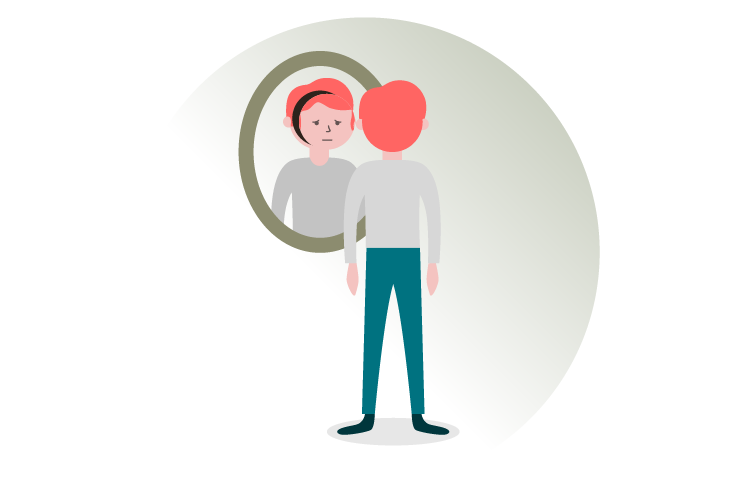
Understanding Dissociation: Navigating the Depths of Detachment
Understanding Dissociation Many people experience dissociation and suffer from dissociative symptoms when they become anxious or overwhelmed. This experience could be anything from zoning out when overwhelmed to more extreme…
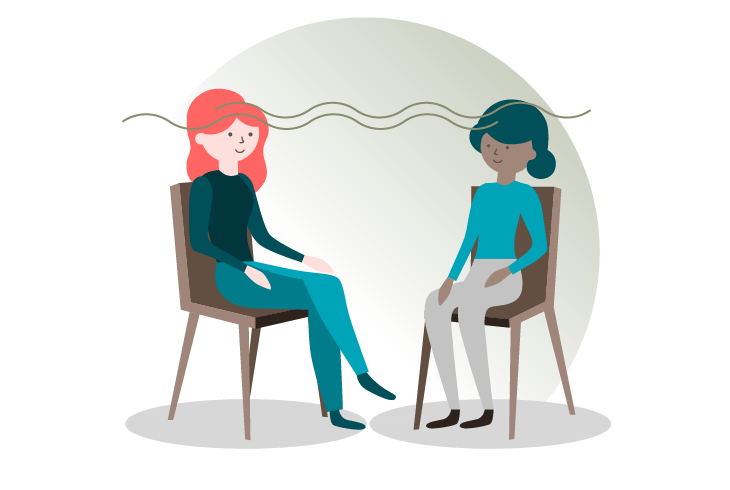
Mentalization-Based Therapy (MBT)
Introduction There is no doubt that it is essential to understand one another to have good social and personal relationships and being able to “think about thinking”, or mentalizing, helps…
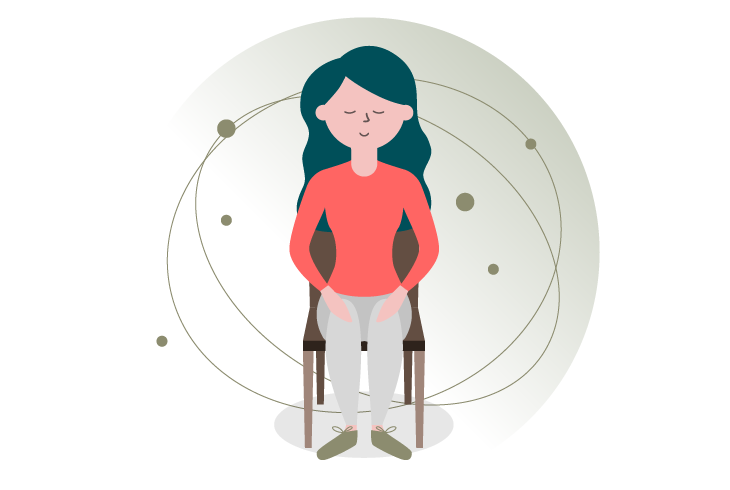
Sophrology a mind-body practice
WHAT IS SOPHROLOGY? Sophrology is a life-balancing technique aiming at an alert mind in a relaxed body. Sophrology is a holistic therapy using relaxation and breathing techniques, concentration, visualisation, and simple…
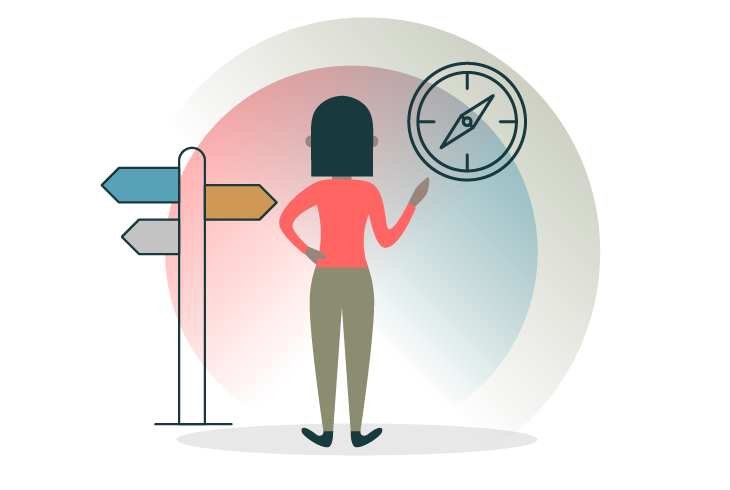
7 tips for navigating the world as a late-diagnosed autistic woman
Being a late-diagnosed autistic woman in a neurotypical world is a journey to say the least. Being able to look back at my life through an autistic lens means there…
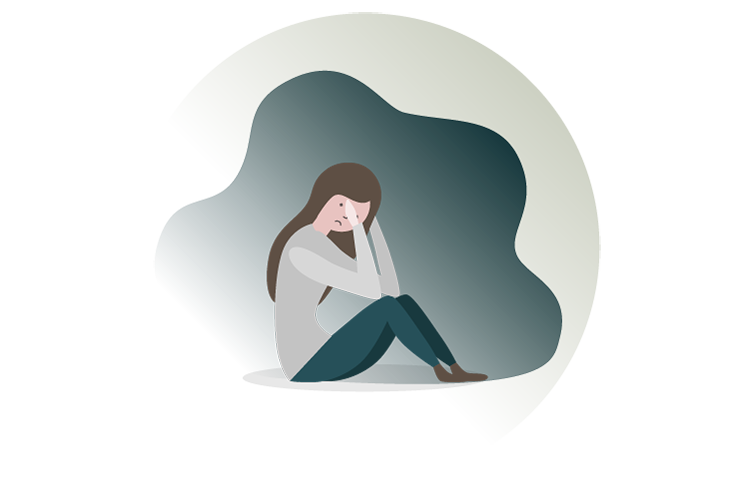
Counselling for Depression
Everyone feels down sometimes, but for some of us the feeling does not go away and we find it can get worse and have a big impact on our lives.…
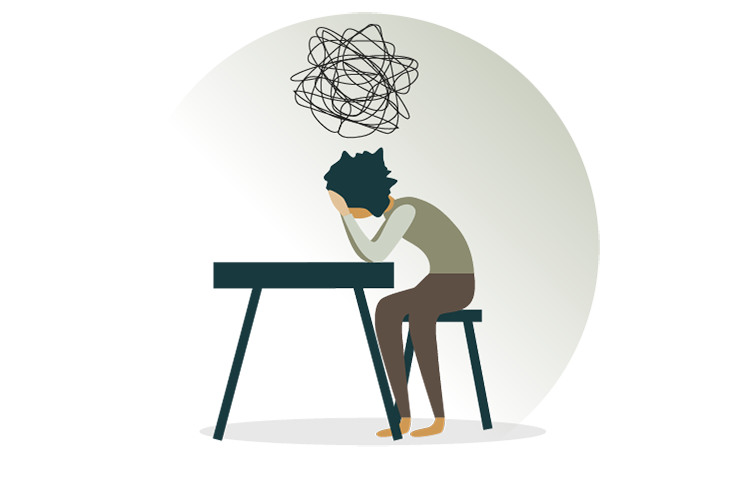
Counselling for Anxiety
All people experience anxiety at different times in our lives, whether about making a big decision, dealing with an unexpected event or being exposed to a threatening situation. Whilst unpleasant…
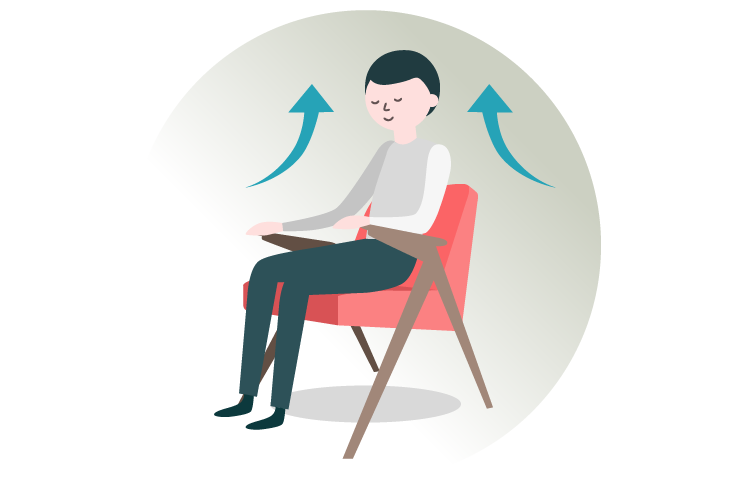
What is cognitive behavioural hypnotherapy and how can it help?
You may have heard of cognitive behavioural therapy (CBT); a foundation of modern psychological therapy which empowers you to tackle unhelpful thinking and improve your wellbeing, and you’ve probably heard…
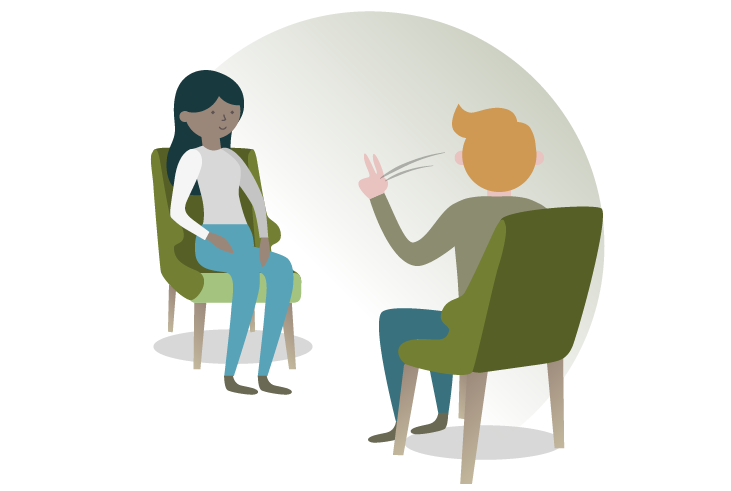
Eye Movement Desensitization and Reprocessing – EMDR in West London
Our psychotherapists offer EMDR in West London, a treatment that was proven by research and welcomed by clients suffering from post-traumatic stress disorder. This page introduces EMDR and offers a…
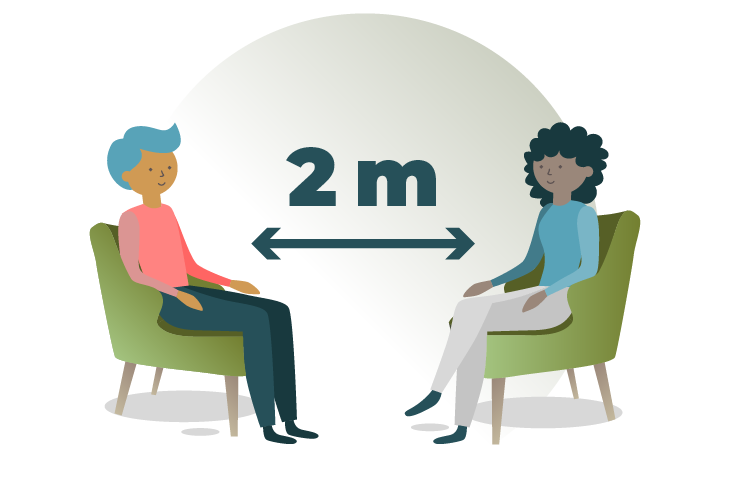
Are counselling and psychotherapy practices safe for face to face work after the pandemic?
The current pandemic has impacted various areas of our lives including how and where we access counselling. Although initially, the majority of sessions moved to the online domain, clients and…
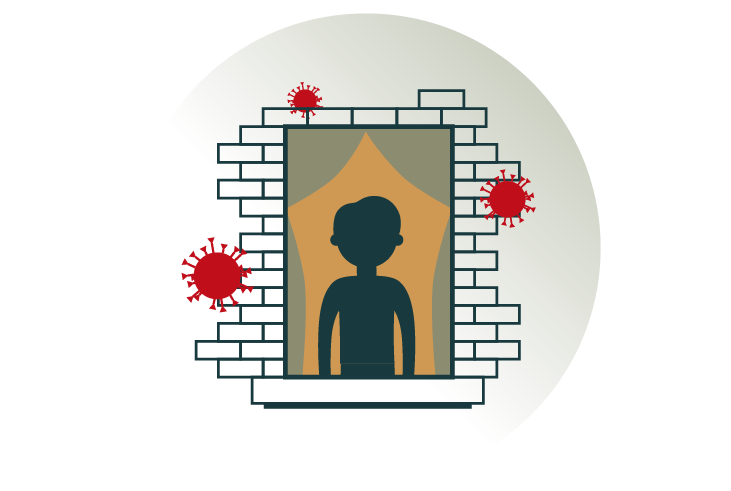
How to survive the coronavirus isolation when living alone?
Self-care is important in every day-to-day life, but especially when we find ourselves in isolation. With the Coronavirus spreading, isolation is becoming the norm for the elderly and vulnerable. You…
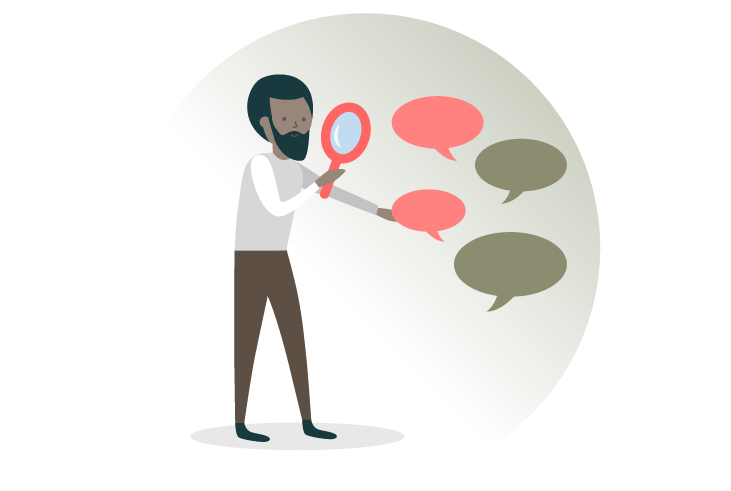
What is Psychoanalysis?
Modern misconceptions of psychoanalysis It’s a shame the father of psychoanalysis Sigmund Freud, has become somewhat of a mockery in popular culture. The Freud cartoons are often very funny, but…
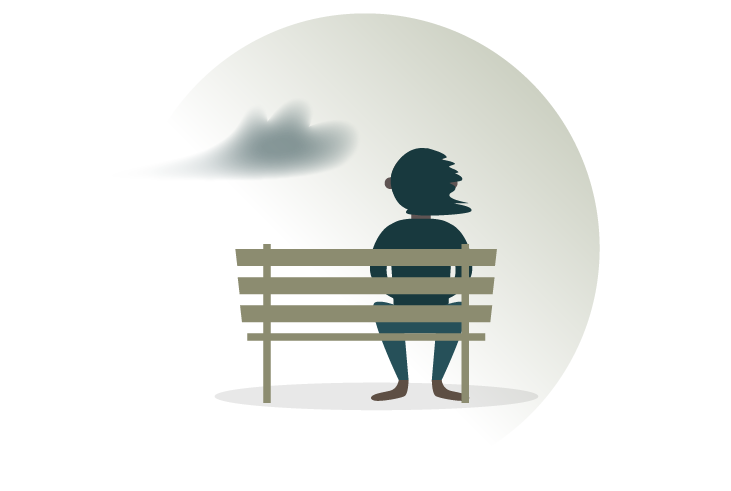
Bereavement, loss and grief
Bereavement, loss and grief are universal human experiences Although grieving is a natural process and a natural response to bereavement, loss and grief still affects everyone differently. Sometimes the anguish…

Psychological Resilience – why it’s important and ways to build it
I find human beings ability to change and grow fascinating! I became interested in the topic having had my own reserves tested through a particularly challenging time, so I started…
When Does a Behaviour Become an Addiction?
When a behaviour becomes an addiction depends on various factors, including your susceptibility to addiction, the nature of the behaviour, and the frequency and severity of the behaviour. Some general signs that may indicate that your behaviour is not longer addiction include:
- Loss of control: You find it challenging to control the behaviour, even when you want to stop or reduce it.
- Negative consequences: Your behaviour leads to negative consequences, such as financial, physical, or emotional harm, but you continue to engage in it.
- Tolerance: Over time, you need more of the behaviour to experience the same level of satisfaction or pleasure.
- Withdrawal: When you attempt to stop this behaviour you experience withdrawal symptoms such as anxiety, depression, irritability, as well as unpleasant physical symptoms depending on your substance of choice.
- Obsessive thoughts: You spend an excessive amount of time thinking about the behaviour, planning when to engage in it next, and feeling anxious when they cannot
It's important to note that not everyone who engages in a behaviour that can lead to addiction will develop an addiction. Still, if you’re concerned about yourself or worried about a loved one it may be time to seek professional help.
ADDICTION TREATMENT
Addiction treatment is a term that refers to a set of interventions and therapies aimed at helping people who struggle with addiction to substances or behaviours achieve and maintain sobriety, and improve their overall well-being. Addiction treatment typically involves a combination of medical, psychological, and social interventions aimed at helping people suffering from alcohol or drug addiction achieve and maintain sobriety. This is the first step in treating your addiction and involves managing the symptoms of withdrawal in a controlled manner as the body eliminates drugs or alcohol. A medically supervised detox is always recommended as withdrawal from alcohol and other drugs can be dangerous. Community detox programmes are available, however, inpatient clinics provide medical support during detox and withdrawal to ensure your comfort and safety at all times.
Types of Addiction Treatment
There are many different treatment paths available, from inpatient rehab and outpatient care to support groups and private therapy. The type of treatment will vary depending on the substance or behaviour involved, the severity of your addiction, and your individual circumstances. A combination of different types of treatments may be necessary for the best possible outcome. It is important to seek the guidance of a medical professional to determine the most appropriate treatment plan for you or your loved one.
- Inpatient or Residential Treatment:
This type of treatment involves a stay at a facility where patients receive 24-hour care and can participate in a range of therapies. A stay at an inpatient rehab typically ranges from a few weeks to several months. During this time,you will receive intensive therapy, support, and education to help you overcome their addiction.
- Outpatient Rehab
Outpatient rehab refers to addiction treatment that involves attending therapy and counseling sessions on a regular basis while still living at home. Outpatient treatment can be a good option if you do not require 24-hour care but still need support during your recovery.
- Behavioural Therapies
Both inpatient and outpatient rehabs offer a range of behavioural therapies as part of their programmes. These include cognitive-behavioural therapy (CBT) and Dialetical Behavioural Therapy (DBT) which are designed to help people identify and change negative thought patterns and behaviours, and motivational interviewing, which aims to increase motivation for positive change. If inpatient or outpatient rehab isn’t an option for you, it’s possible to find a private addiction therapist who offers behavioural therapies as part of treatment.
- Support Groups
These are groups of people who share similar experiences and can offer each other support and guidance throughout the recovery process. Examples of support groups include Alcoholics Anonymous (AA), Narcotics Anonymous (NA), and SMART Recovery.
- Holistic Therapies
Holistic therapies can be used in conjunction with traditional addiction treatments. Examples of holistic therapies include acupuncture, meditation, and yoga. These practices can help reduce stress and improve overall well-being.
ADDICTION THERAPY
Addiction therapy is an essential component of addiction treatment, as it provides patients with the tools and support they need to overcome their addiction and achieve lasting recovery. The purpose of addiction therapy is to help you identify your triggers and any underlying issues that may be contributing to your addiction. This can help you understand why you turned to addiction in the first place and develop strategies to avoid or manage triggers in the future.
Addiction therapy will also teach you coping strategies to help you manage stress, emotions, and cravings. These coping strategies can help you deal with challenging situations without turning to addictive behaviours.
People suffering from addiction often isolate themselves from others and damage existing relationships. Addiction therapy can provide emotional support and help you develop healthy relationships with others. This can help you feel less isolated and more connected to others, which can improve your overall well-being and reduce the risk of relapse.
What Happens During Addiction Therapy?
Addiction therapy typically involves a range of therapeutic approaches and techniques that are tailored to your needs and circumstances. Some common elements of addiction therapy may include:
- Assessment and evaluation: The therapist will assess your substance abuse history, mental health, and overall health to determine the severity of your addiction and develop a treatment plan.
- Motivational interviewing: The therapist may use motivational interviewing techniques to help you explore your feelings and beliefs about your addiction and develop a desire to change.
- Cognitive-behavioural therapy (CBT): CBT is a common therapy used in addiction treatment that helps you identify and change negative thought patterns and behaviours that contribute to substance abuse.
- Group therapy: Group therapy can provide a supportive environment where you can connect with others who are struggling with addiction and receive peer support.
- Family therapy: Family therapy can help address issues within the family system that may contribute to substance abuse and help family members understand how to support their loved one in recovery.
- Medication-assisted treatment: Some people benefit from medication-assisted treatment, which involves the use of medication to manage withdrawal symptoms and reduce cravings.
- Relapse prevention: Relapse prevention techniques can help you develop coping skills and strategies to avoid relapse and maintain sobriety.
Overall, addiction therapy is designed to help clients address the root causes of their addiction, develop coping skills, and build a strong support system to help them maintain long-term recovery.
Addiction Treatment at CATCH Recovery
CATCH Recovery is a London-based outpatient rehab, providing high-quality treatment and support for people suffering from drug, alcohol and behavioural addiction and related mental health problems. Their recovery programmes are designed to help patients develop the skills and tools needed to overcome addiction and maintain long-term recovery.
Outpatient rehab may be a good option for those who have completed an inpatient program or for people who have a less severe addiction and are able to continue with daily responsibilities while receiving treatment. It may also be a more cost-effective option for those who are unable to take time away from work or other obligations.
Addiction is nearly always part of a wider series of emotional, psychological and physical health problems, but there is no one-size-fits-all when it comes to addiction therapy. CATCH Recovery believes in individualised treatment; its multidisciplinary team practises different modalities to ensure that care is tailored to each patient’s specific needs.
CATCH Recovery's outpatient programme includes individual and group therapy sessions, couples therapy and recovery coaching as well as a range of other services including continuing care programmes. For clients who are unable to attend in-person meetings, CATCH’s online therapy service means you can receive treatment from the comfort of your own home.
If you’re seeking addiction treatment for yourself or a loved one, but are unsure about where to start and which options are available to you, get in touch today. Our admissions specialists will be happy to answer any questions you have regarding treatment.
